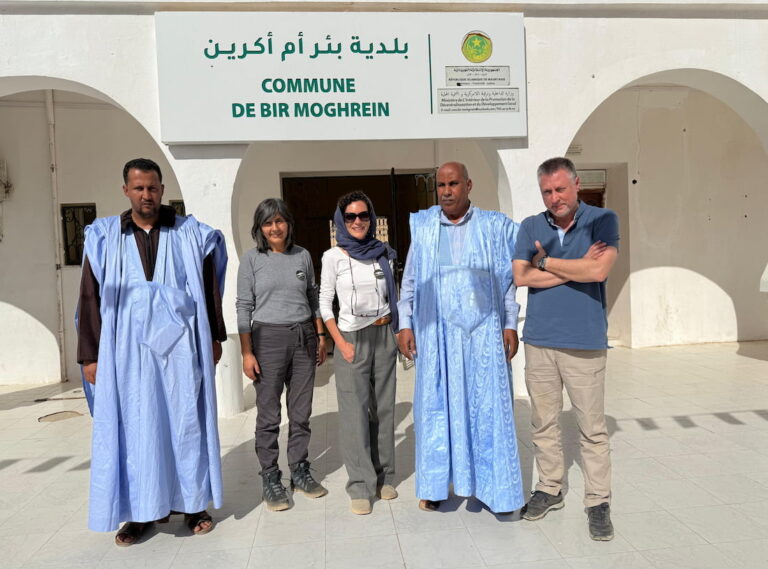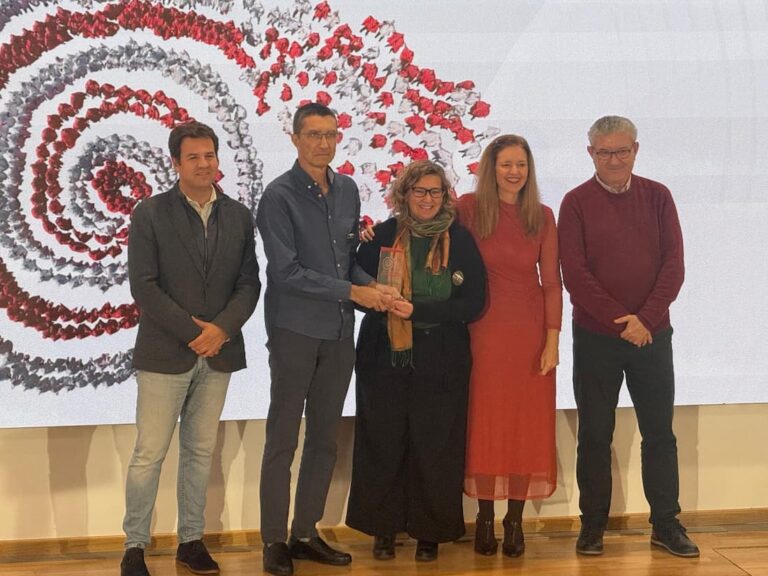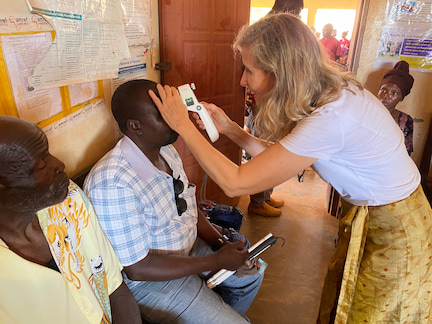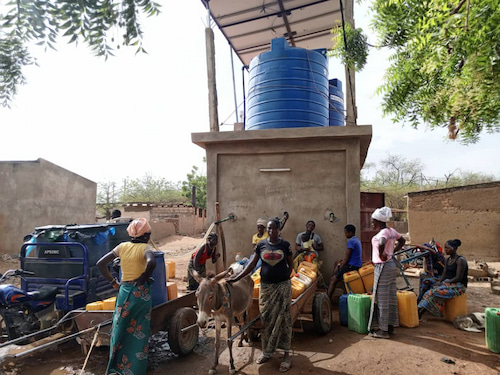With a low ranking in the Human Development Index and high levels of multidimensional poverty, access to basic services such as health, education, education high levels of multidimensional poverty, access to basic services such as clean water and quality health care is limited. water and quality health care is limited. In a country where life expectancy is less than 60 years and the minimum wage is very low, health centres find it very difficult to provide adequate services due to a lack of infrastructure adequate services due to a lack of infrastructure and medical staff.
The Saint Martin de Porres Health Centre in Kpakpamé, in southern Benin, is an example of the difficulties faced by these institutions. faced by these institutions. Despite having a recent well, the constant inflow of sand had hampered its Despite having a recent well, the constant inflow of sand had hampered its functioning, leaving the centre without regular access to safe drinking water. regular access to drinking water.
Faced with this situation, the Recover Foundation has set up a project to improve the water supply to the Saint Martin Health Centre. a project to improve the water supply to the Saint Martin de Porres Health Centre. de Porres Health Centre. After an exhaustive assessment, it was decided to install a water tank connected to the nearest water tank connected to the nearest community network. This solution not only not only addresses the immediate problem of water scarcity, but also takes advantage of the existing existing infrastructure in an efficient and sustainable manner.
More than 20,000 beneficiaries
Thanks to the Pedro Navalpotro Foundation the project will directly benefit 3,000 people, including patients of the centre and members of the surrounding community. In addition, around 21,000 people are expected to benefit indirectly from improved health services. The project sought to improve the quality of care and attention in rural Benin by ensuring a regular supply of drinking water to the health centre.
The project consisted of the installation of an underground water tank and the upgrading of existing connection pipes. underground water tank and upgrading of the existing connection pipes. In addition, training was In addition, training was provided to the centre's staff to ensure the proper and sustainable use of the new infrastructure. and sustainable use of the new infrastructure. The works were completed in December 2023, with ongoing monitoring by Recover to ensure its long-term success. long-term success.
At the Recover Foundation, we are committed to improving the health and health and well-being of the most vulnerable communities in Africa. With your support, we can continue to make a significant difference in the lives of thousands of people. of people.
Join us in our mission to build a healthier future for all people in Sub-Saharan Africa and become a member! With just €10 a month, you can make a difference.

















